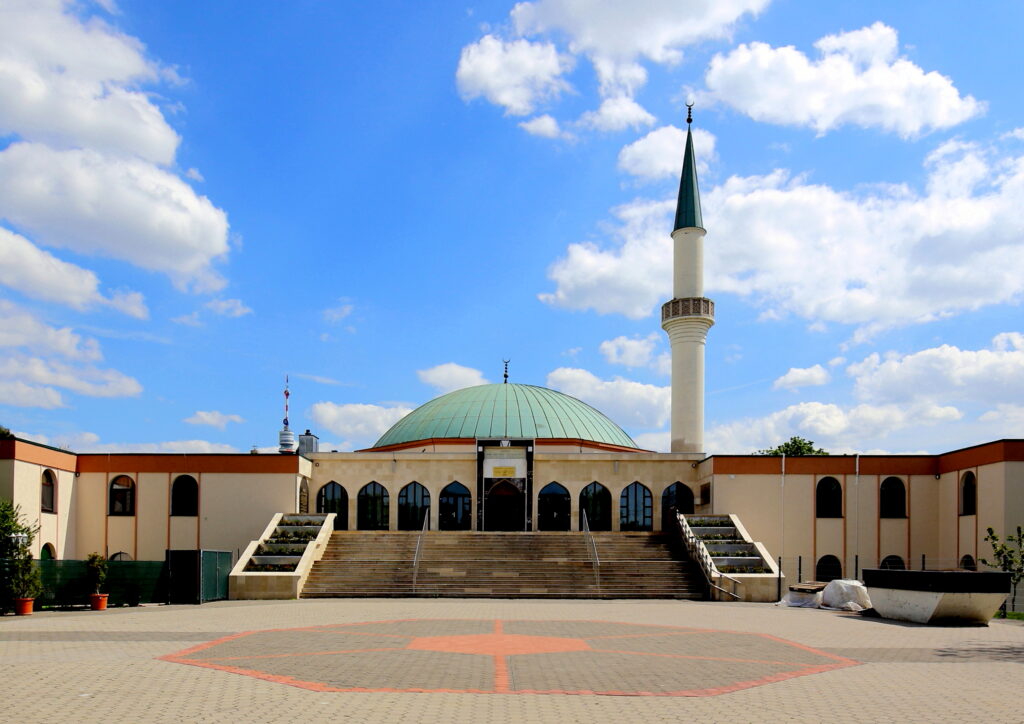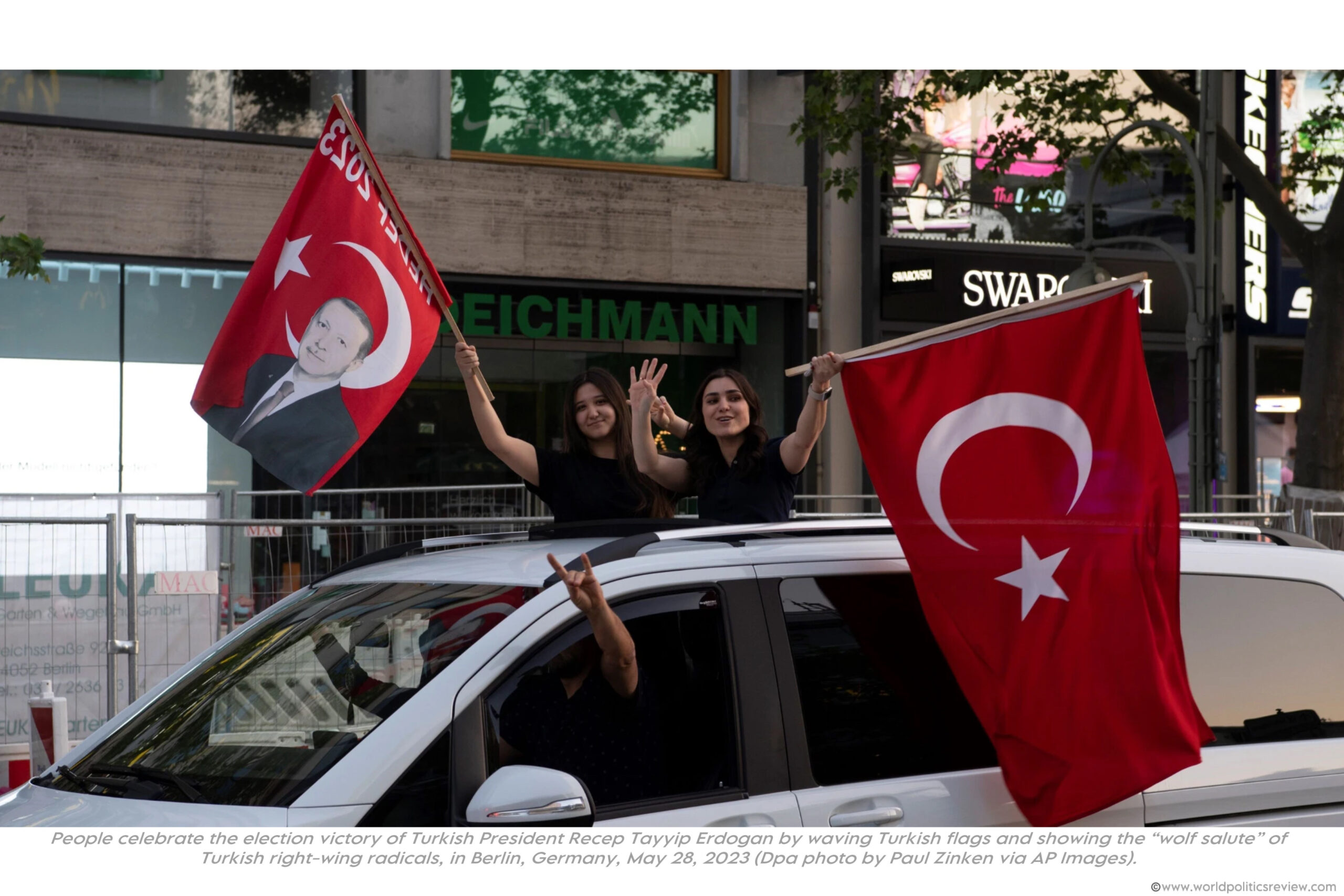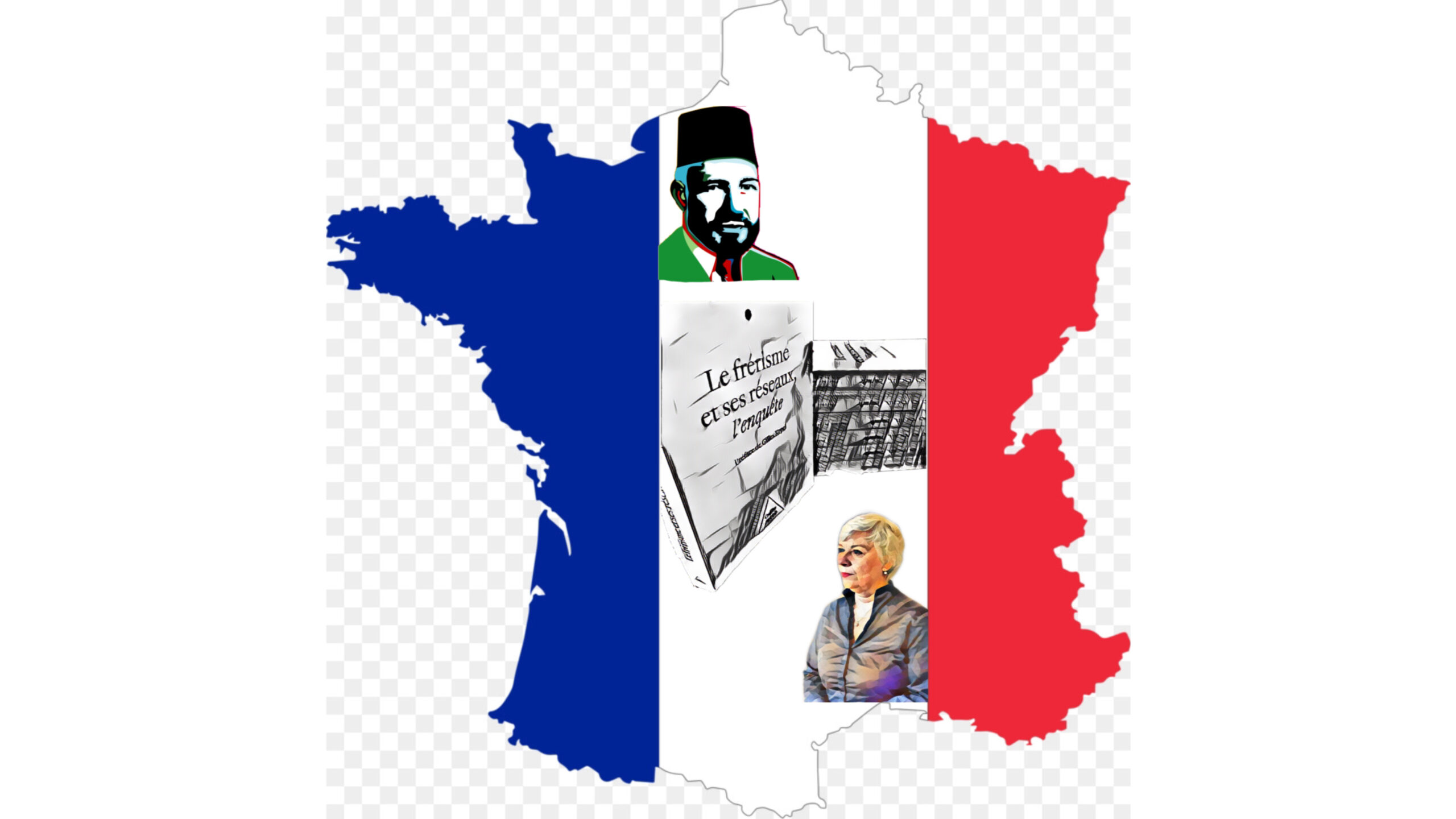
In July of 2020, Austria’s minister for integration, Susanne Raab, announced the opening in Vienna of the Observatory for Political Islam (‘Dokumentationsstelle Politischer Islam’). The objectives of the new institution are “ to prevent p extremism” and to “ensure independence of science and research”1 in order to fight against “Political Islam”. Lorenzo Vidino, Director of the Program on Extremism at the George Washington University and Mouhanad Khorchide, Head of Islamic Theology and Professor of Islamic Religious Education at the University of Münster (Germany), have held prominent roles as advisors to Raab. The Observatory itself consists of seven experts led by political scientist, Lisa Fellhofer.
As such, the Observatory is directed against networks, ideologies and foreign influences that create (willful) barriers towards the integration of Muslims in the West, particularly as these groups have links to Muslim associations in Austria. To this end, the stated activities of the Observatory will focus on mapping financial, organizational and ideological connections between Muslim organizations in Austria and external Islamic groups and institutions, and the monitoring of social media. It will release an annual report on the state of extremism and the development of parallel societies in Austria.
The Observatory’s aim is to demarcate Political Islam from Islam. According to Fellhofer Political Islam is “an ideology (Herrschaftsideologie) that through legislation and procedures seeks to transform or influence society, culture, the state or politics on the basis of values and norms that have been proclaimed by its proponents as Islamic – in spite of the fact that a majority of Muslims do not share this understanding. Additionally, it is an ideology that contradicts the principles of the democratic constitutional state and human rights”2.
Khorchide has defined political Islam as “an ideology similar to that of terrorism. Political Islam in its European variant is non-violent and means that one does not assert oneself by means of violence, but instead strives to achieve goals through democratic means, with the ultimate intention of abrogating democracy itself”3. Vidino, in recent pieces and interviews, has termed this form of Islamism, ‘Legalist Islamism’, highlighting the legally conform operative mode of a nevertheless subversive and extremist ideology.
There is much to say about the attempts to define political Islam and of the Observatory’s mission since the term remains unclear therefore enabling potential governmental control and abuse of civil liberties. Critics of the Observatory link its inception to a backdrop of counter-terrorist activity that has been described as excessive in its use of force and resources. In the wake of the attacks in Vienna on November 2 of last year, a politically charged environment saw the implementation of ‘Operation Luxor’ just a week later. It involved Vienna police raiding 60 addresses and detaining 30 Muslim activists and academics, on charges of “establishing a terrorist organization, financial support for terrorism, organized crime formation, and money laundering.”4.
Outlets such as the self-declared ‘anti-racist’ NGO, ZARA, condemned the raids, being the only Austrian NGO to do so. Meanwhile, CAGE, an advocacy organization working to empower communities impacted by the “War on Terror” based on the ethos of Islamic principles of justice5 along with state-run Turkish news agency Anadolu Agency have highlighted the traumatic effects of the aggressive raids on the lives of minors and the freezing of assets of some of those affected6. The outcome of the raids has also been described by mainstream media as “coming up empty”7. It is, therefore, not surprising that prior to having even delivered on much of its stated purpose, concern and criticism surrounding the Observatory’s mere existence have abounded.

A key figure criticizing not only the Observatory but Austria’s policies towards Muslims in general, in particular since the modification of the country’s Islam Law in 2015, is Farid Hafez. He is a political scientist at the Department of Political Science and Sociology at the University of Salzburg and a fellow at Georgetown’s Bridge Initiative. Hafez was also one of the targets of Operation Luxor, having been accused of links with the Muslim Brotherhood.
Farid Hafez has described the creation of the Observatory as the “institutionalization of a general demonization of Muslims” and compared the move to McCarthyism8. Hafez is not alone. Leaders of Austria’s Muslim community unanimously expressed their skepticism towards the purpose of the Observatory. The President of Austria’s Islamic Community of Faith (IGGÖ), Ümit Vural, has deemed collaborating with the Observatory “unacceptable” and claimed that in its current form, the Observatory is a “state surveillance apparatus”9. Joining the ranks of public figures from the Muslim community is Tarafa Baghajati, Chairman of the Austrian Muslim Initiative (IMÖ), who, much like Vural, uttered concern around the potential for excessive state surveillance while labeling Khorchide and Vidino as “incompetent”10. Meanwhile, Rami Ali, a Vienna University-based political scientist and Islamic Studies expert, has expressed his concern that the objectivity of the Observatory cannot be warranted, particularly as it pertains to the ruling center-right conservatives, the Austrian People’s Party (ÖVP). The result, according to Ali, could well become a mechanism by which to silence unpopular Muslim voices11.
In looking to tackle what it considers the breeding grounds for extremism, the Austrian government is destined to walk a tightrope. There is a known presence of groups like the Grey Wolves and the Muslim Brotherhood in Europe – and Austria. Where else would these groups primarily – if not exclusively – seek to wield their influence, if not among the growing Muslim minority populations? Simultaneously, singling out communities of faith as possessing a singular likelihood to adhere to extremist ideologies will invite due accusations of discrimination. The outcome is predestined to be a degree of alienation of minorities by the very policies designed with the stated objective to help foster integration – especially if their implementation proves itself to rely on excessively invasive methods.






